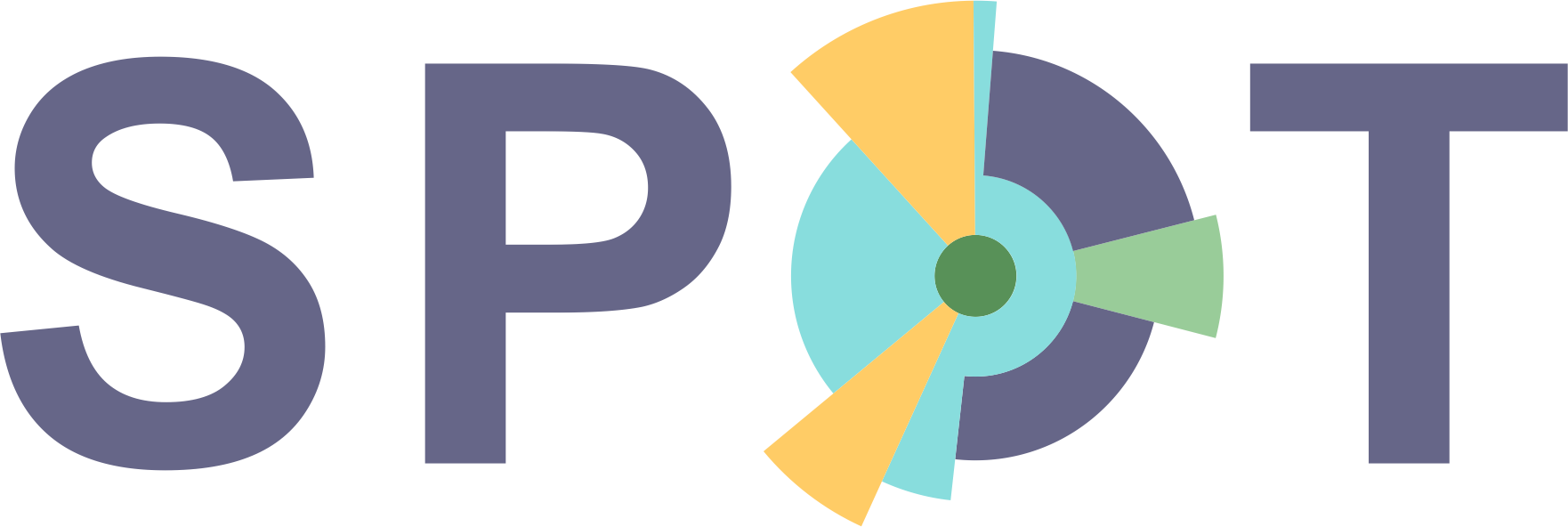Chair persons:
Description:
Visit ITC2022 sessions. This session will NOT be available online.
Presentations:
- Contemporary problems and directions of development of ski resorts in Poland in the context of the idea of sustainable development (Kinga Krzesiwo) | On-site
- Overtourism and sustainability in Polish tourist areas: Causes – characteristics – social resonance (Piotr Majdak) | On-site
- Visiting destinations through motivation to participate in sport events: Post-pandemic changes and impacts on destination image (Fernando Perna, Maria João Custódio, Elsa Pereira) | On-site
- Environmentally friendly behaviors of bicycle tourists (Levent Soyalp) | On-site
Chair persons:
- Luís Lima Santos | On-site
Description:
Visit ITC2022 sessions. This session will NOT be available online.
Presentations:
- Events as transformational experience (Krzysztof Celuch) | On-site
- A sustainable approach to the financial recovery of the hotel sector: Insights from Portugal (José Fernandes, Kelly Maguire, Luís Lima Santos) | On-site
- Rethinking the tourist satisfaction at destination level through importance-performance analysis: Evidence from Madeira Island (Mara Franco, António Almeida, Rui Castanho) | On-site
- Diagnosis of sustainability in Portuguese tourism SMEs (Maria Carmen Pardo, Goretti Silva, Mariana Oliveira) | On-site
- Tourism business and COVID-19 pandemic in Lithuania: Challenges, adaptation, opportunities (Gintare Pociute-Sereikiene, Viktorija Baranauskienė, Edis Kriaučiūnas) | On-site
- Political instability and tourism sector resilience: The case of Ukraine (Łukasz Quirini-Popławski, Natalia Tomczewska-Popowycz, Sławomir Dorocki) | On-site
- Liquidity or profitability: What is the goal in Portuguese restaurants? (Ana Ramires, Ana Lucas, Paulo Marques) | On-site
Chair persons:
- Catarina Martins | On-site
- Vitor Ambrósio | On-site
Description:
Visit ITC2022 sessions. This session will NOT be available online.
Presentations:
- Pilgrimage Way in Azores (Portugal): Promoting religious and creative tourism (Vitor Ambrósio) | On-site
- Dark Tourism – A new tourist product to be developed in the North of Portugal? (Eugénia Devile, Ana Sofia Costa, Susana Lima, Andreia Moura) | On-site
- Critical success factors of a regional development strategy for olive oil tourism: A case study using the Delphi methodology (Francisco Dias, Fernanda Maria Oliveira, Inês Soares) | On-site
- The Olive4All project – Raising community awareness about olive heritage (Fernanda Maria Fernandes Oliveira, Francisco Dias, Inês Soares) | On-site
- Travelling to some Inquisition sites, in Portugal and ex-colonies (Isilda Leitão) | On-site
- Managing hunting as a sustainable tourism recreational activity in Atlantic Canada (Roselyne Okech) | On-site
- Analyze the touristic interests and motivations that lead tourists to visit the West Region of Portugal (Ana Elisa Sousa, Daniela Amorim, Paulo Almeida) | On-site
Social relationships in tourism business during the COVID-19 pandemic
This is keynote lecture presented by
Katarzyna Czernek-Marszałek
is an associate professor, the head of the Department of Management Theory at the University of Economics in Katowice in Poland. She specializes in inter-organizational relationships, in particular cooperation and coopetition. Her research focuses on issues related to the tourism sector. An important element of her scientific interests is also the methodology of qualitative research and the use of Social Network Analysis in empirical research.
She is the author of about 90 scientific publications, including two her own monographs and several papers published in highly ranked journals indexed on the Academic Journal Guide (AJG) 2021 list (e.g. Tourism Management, Industrial Marketing Management, Journal of Travel Research, Annals of Tourism Research, Journal of Destination Marketing & Management, and Current Issues in Tourism). Winner of national and international awards for scientific work, including award of the Committee of the Regions of the European Union for a doctoral thesis defended in 2010, a scholarship of the Minister of Science and Higher Education for outstanding young scientists (2016 edition) and the Award of the Minister of Education and Science for significant achievements in scientific activity (2022 edition).
Since May 2021, she has been an associate editor in the journal Annals of Tourism Research. She is the head and member of Polish and international research teams, as well as a member of the European Academy of Management (EURAM), the Polish Economic Society and the research community CENA – Coopetition, Ecosystems, Networks and Alliances.
